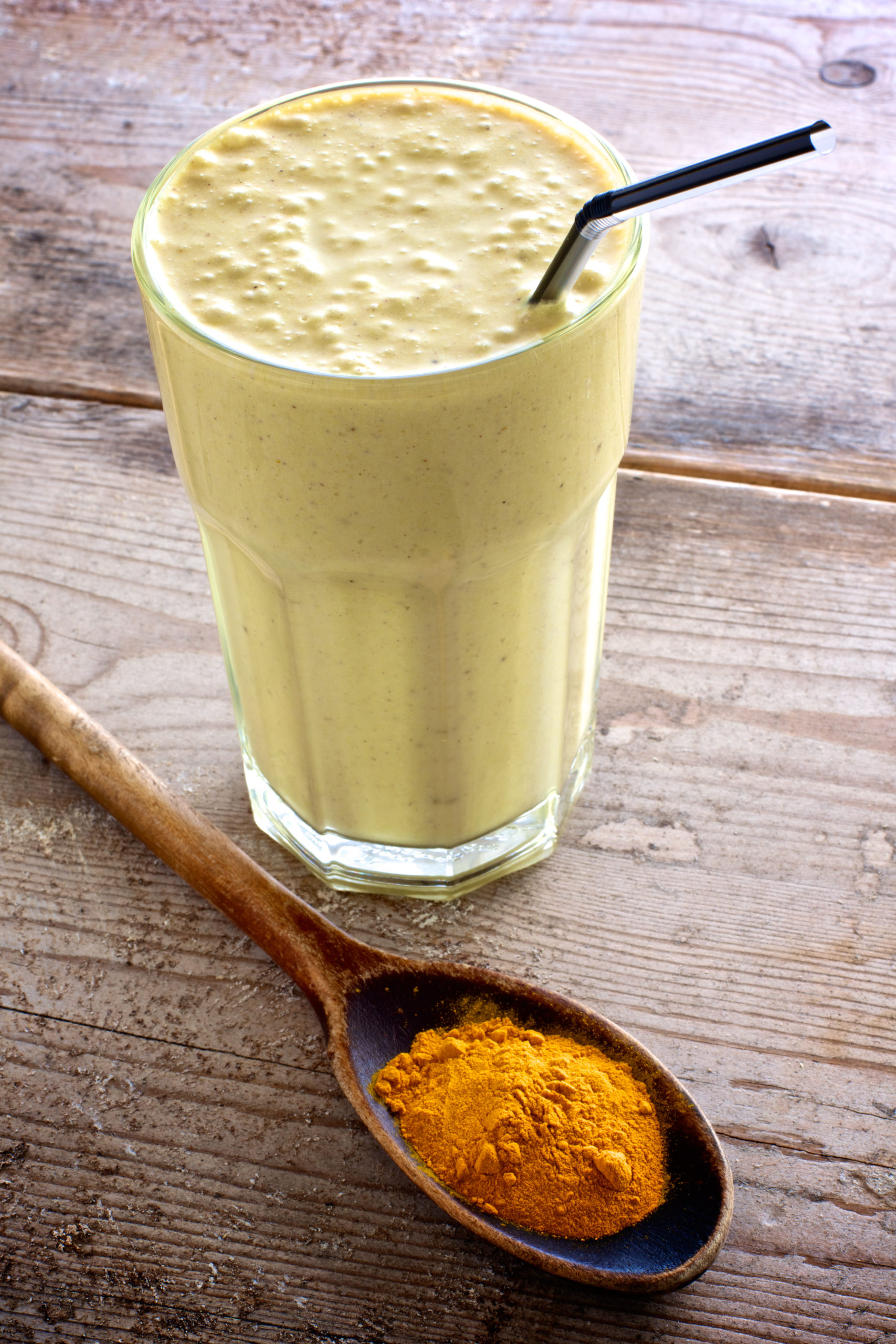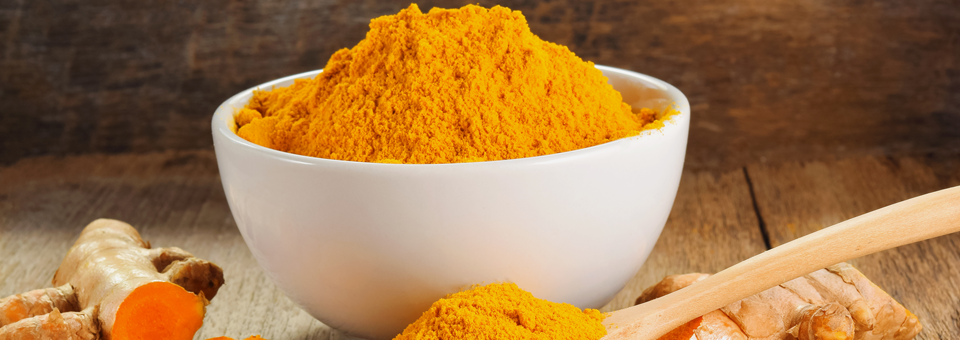Most doctors will tell you that cognitive decline is a normal part of aging.
But it’s really a modern disease brought on by a contaminated world we are not meant to live in. Our world is full of toxic chemicals. They’re in our air, water, cleaning supplies and personal care products.
When the Centers for Disease Control and Prevention (CDC) looked at 2,400 people, it found 215 toxins in their urine and blood.1
One new study suggests these factors can lead to dementia in younger people.2 By 2050, it is predicted that every man, woman and child in America will have some degree of memory loss. These toxins in our environment are directly associated with all degrees of cognitive impairment. For example:
- A study at Rutgers University found people with memory loss had 4 times the levels of the pesticide DDT in their blood.3
- Toxic chemicals in our food and personal care products called nitrosamines have been shown to breakdown our energy-producing mitochondria, leading to major neurological damage.4
- Autopsies of young adults and children who lived in highly polluted Mexico City revealed highly elevated amyloid plaque levels in their brains.
Modern medicine has NO good answer for memory loss and dementia. And mainstream doctors will tell you there’s no way to prevent it. They couldn’t be more wrong…
It’s true that their Alzheimer’s drugs do nothing to stop or even slow down dementia. But I believe in the brain’s power to heal itself — if you feed it what it needs.
Years ago, I traveled to India to study Ayurvedic medicine. While there, I visited a village that had some of the lowest rates of cognitive decline ever recorded.
In fact, studies of the elderly Indians living here found that less than 1% suffered.5 In America, the rate is closer
to 33%.BBC news reported that this village held “the key” to beating brain decline. Their secret was a traditional Indian diet full of turmeric. And numerous case studies show that this ancient spice can help improve memory and mood.
Researchers in Singapore looked at turmeric and brain performance in 1,010 Asians between 60 and 93 years of age. Those who ate turmeric once a month or more performed better on brain tests than those who rarely or never ate it.6
And when patients took less than one gram per day of turmeric for just three months they showed fewer signs of irritability, agitation, anxiety and apathy. Some of the patients even recognized their family again after one year of the turmeric treatment.7
My Tropical Turmeric Smoothie

I enjoy the health benefits of nitric oxide from a glass of beetroot juice.
Your doctor will never prescribe this miracle root to you. But I recommend it to all my patients. One of my favorite ways to use turmeric is in a drink I make. Here’s the recipe I use…
Ingredients:
- 1 orange (flesh only)
- 1 large carrot, coarsely chopped
- ¾ tsp grated ginger
- ½ cup mango chunks (I freeze mine first)
- 1½ tsp finely grated peeled turmeric
- 4 cups sliced banana
- Pinch of cayenne pepper
- 1 cup coconut water
Directions:
- Combine all ingredients in a blender and blend until smooth.
- If using fresh mango that hasn’t been frozen, you may need to add ice. If it’s too thick, increase coconut water until it reaches the right consistency.
To Your Good Health,

Al Sears, MD, CNS
1. “Fourth National Report on Human Exposure to Environmental Chemicals,” U.S. CDC 2009.
2. Pritchard C and Rosenorn-Lanng E. “Neurological deaths of American adults (55-74) and the over 75′s by sex compared with 20 Western countries 1989-2010: Cause for concern.” Surgical Neurol Int. 2015;6:123.
3. DeKosky ST and Gandy S. “Environmental exposures and the risk of Alzheimer’s disease.” JAMA Neurol. 2014;71(3):273-275.
4. Tong M, et al. “Nitrosamine exposure causes insulin resistance diseases: Relevance to type 2 diabetes mellitus, non-alcoholic steatohepatitis, and Alzheimer’s disease.” J Alzheimer’s Dis. 2009;17(4):827-844.
5. “Study Finds Low Alzheimer’s Risk in Rural India,” Prevent Disease. Accessed 12/1/15.
6. Ng TP, et al. “Curry consumption and cognitive function in the elderly.” Am J Epidemiol. 2006;164:898-906.
7. Hishikawa N, et al. “Effects of turmeric on Alzheimer’s disease with behavioral and psychological symptoms of dementia.” Ayu. 2012;33(4):499-504.

